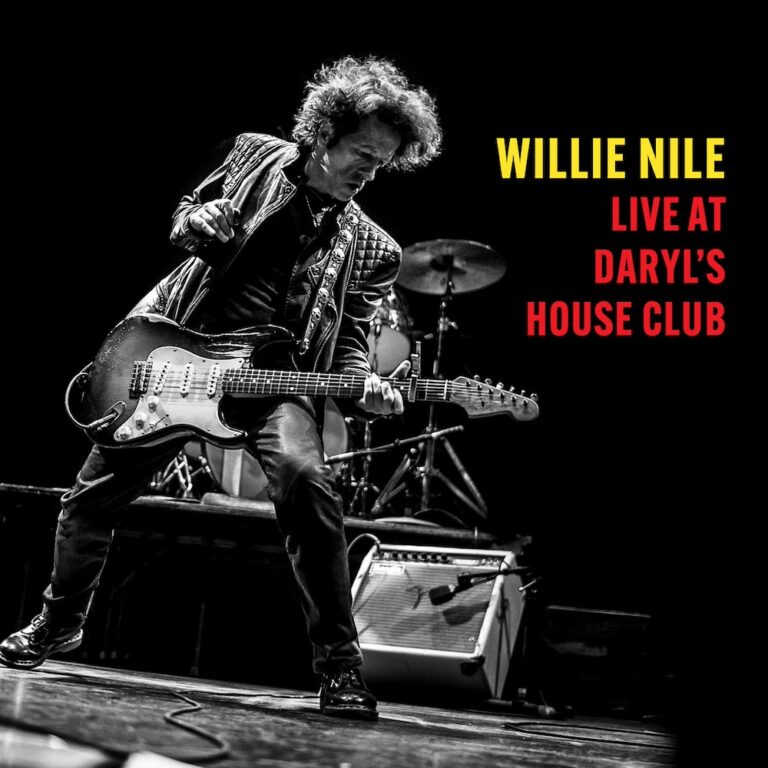Willie Nile, Live at Daryl’s House Club. Rock singer, songwriter, and multi-instrumentalist Willie Nile has been releasing albums since 1980, but he has been particularly prolific over the last two decades when he has issued the lion’s share of his notable CDs. This latest release, his fifth live album, preserves an impassioned 2022 performance at a venue in Pawling, New York, about 70 miles north of New York City.
Nile’s instantly recognizable voice conveys urgency throughout the set, which features his guitar and piano work and a tightly knit backup trio that includes a lead guitarist, a drummer, and a bassist. Nile’s self-penned and co-written material includes a fair number of socio-political tunes, among them “Black Magic and White Lies,” which suggests that “the world is in an uproar, and it’s headed for a fall.” Other topical tracks include “Earth Blues,” which references climate change, and “Wake Up, America,” which previously appeared as a studio-recorded single with guest vocalist Steve Earle.
The show features songs from throughout Nile’s career, among them such relatively recent compositions as “New York at Night” and “The Day the Earth Stood Still.” Also in the setlist are 2009’s “House of a Thousand Guitars” (not the Springsteen song, and Nile had the title first); “Places I Have Been,” the rousing title track from a 1991 LP; and 1981’s “Shoulders,” the only ballad in a program that’s otherwise as hard-rocking as the Ramones, a group whose work Nile has covered.
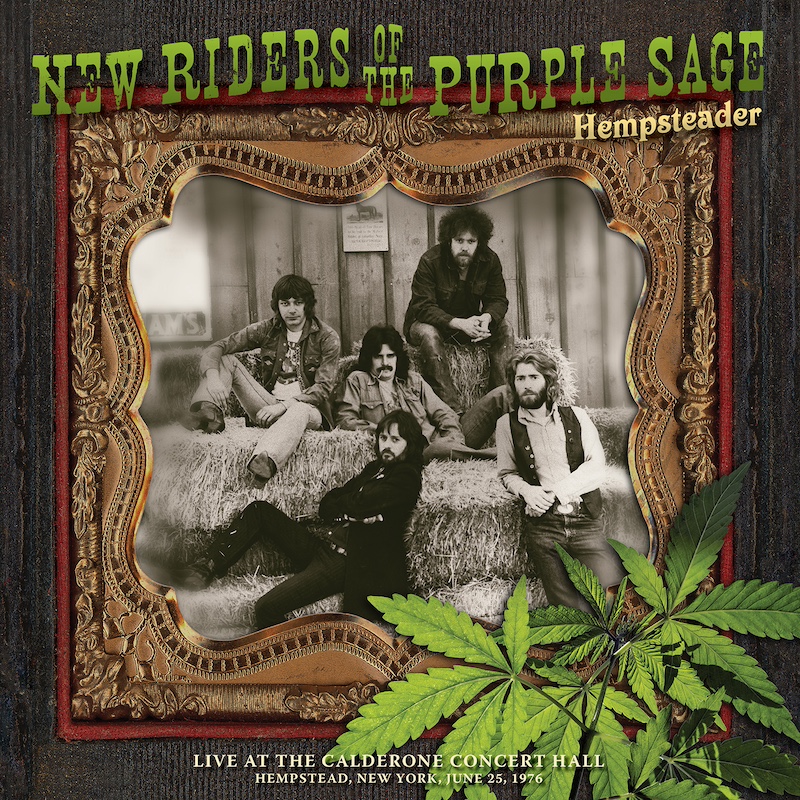
New Riders of the Purple Sage, Hempsteader: Live at the Calderone Concert Hall, Hempstead, New York, June 25, 1976. New Riders of the Purple Sage, a Grateful Dead spinoff band, hasn’t enjoyed much commercial success in the last half-century, and most of its original lineup has been out of the picture for about that long. Since the early 1990s, however, the group has issued more than a dozen live albums culled from its classic early and mid-seventies heyday, including Thanksgiving in New York City, Field Trip, and Lyceum ’72, all featuring shows from 1972.
Now we have Hempsteader, which as its wordy subtitle indicates, documents a 1976 Long Island, New York gig. At the time, the group was running out of steam when it came to producing noteworthy original material; an eponymous LP released that year was its last to dent the charts, and all but one of its songs were covers. Some key members remained on board, however, including co-founders John Dawson and David Nelson on vocals and guitar, Buddy Cage on pedal steel, and Jefferson Airplane alumnus Spencer Dryden on drums. And, as evidenced by Hempsteader, the band could still raise a ruckus onstage with its psychedelia-tinged country rock.
The 18-song, nearly 80-minute set includes energized readings of a few of the group’s best-known early numbers, such as “Glendale Train,” “Henry,” “Portland Woman,” and “Panama Red.” You’ll also find a motley assortment of party-ready covers drawn from the group’s then-recent studio albums, among them the Rolling Stones’ “Dead Flowers,” Chuck Berry’s “You Never Can Tell,” Loudon Wainwright III’s “The Swimming Song,” Otis Redding’s “Hard to Handle,” and Richard Wilbur’s “Little Old Lady,” which features some yodeling.
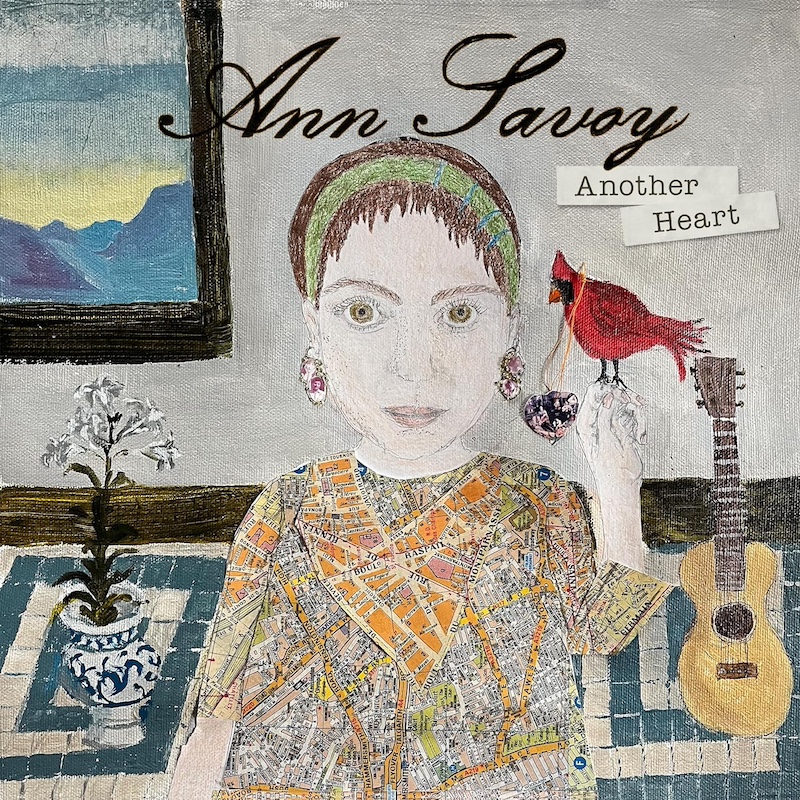
Ann Savoy, Another Heart. This is the solo debut from Eunice, Louisiana–based author and singer Ann Savoy, but she’s not exactly a musical neophyte: she has performed and recorded for many years with assorted Cajun bands and scored a Grammy nomination for Adieu False Heart, her 2006 duet album with Linda Ronstadt. (Ronstadt’s Parkinson’s disease forced the cancellation of a follow-up to that recording.)
Another Heart is a family affair, with Savoy’s daughters adding harmony vocals and her sons playing accordion and fiddle. Other performers include the Grammy-winning Rhiannon Giddens, Acadian vocalist Kelli Jones, and multi-instrumentalist Dirk Powell, who co-produced with Savoy and whose sweet “Time Goes By My Love” is a highlight of the program.
Savoy’s Cajun roots imbue three self-penned numbers, “Cajun Love Song,” which she says she wrote for her husband, accordionist Marc Savoy; “Triste Samedi/A Hurricane Song (A Sad Saturday),” which blends Virginia mountain music with memories of Louisiana storms; and “Gabie’s New Year’s Lament,” which she wrote with her daughter one December31st, but she devotes most of the album to excellent folk-rooted covers of numbers such as Ray Davies’s “Waterloo Sunset,” Richard Thompson’s “A Heart Needs a Home,” Bruce Springsteen’s “Stolen Car,” Joni Mitchell’s “Tin Angel,” and Sandy Denny’s “Who Knows Where the Time Goes.” Throughout, Savoy’s vocal work is as affecting as anything from Denny or Judy Collins.
Also Noteworthy
Stephen Bluhm, Out of the Nowhere. Into the Here. Stephen Bluhm has traveled many musical miles in the time between his 2017 self-titled debut album and this sophomore release. The debut was likable synth-pop, but the new CD is an idiosyncratic and adventurous work that eschews electronics in favor of baroque and chamber music influences and Stephen Sondheim-style pop. The record manages to convey playfulness and lightness while also sounding profound and beautiful.
The lyrics are clever and charming and Bluhm’s baritone adds considerable personality to the record, but its elegant music – which features horns, flutes, piano, reed instruments, and strings – can stand on its own. For proof of that, buy the two-CD version of the album, which includes both vocal and instrumental versions of each track.
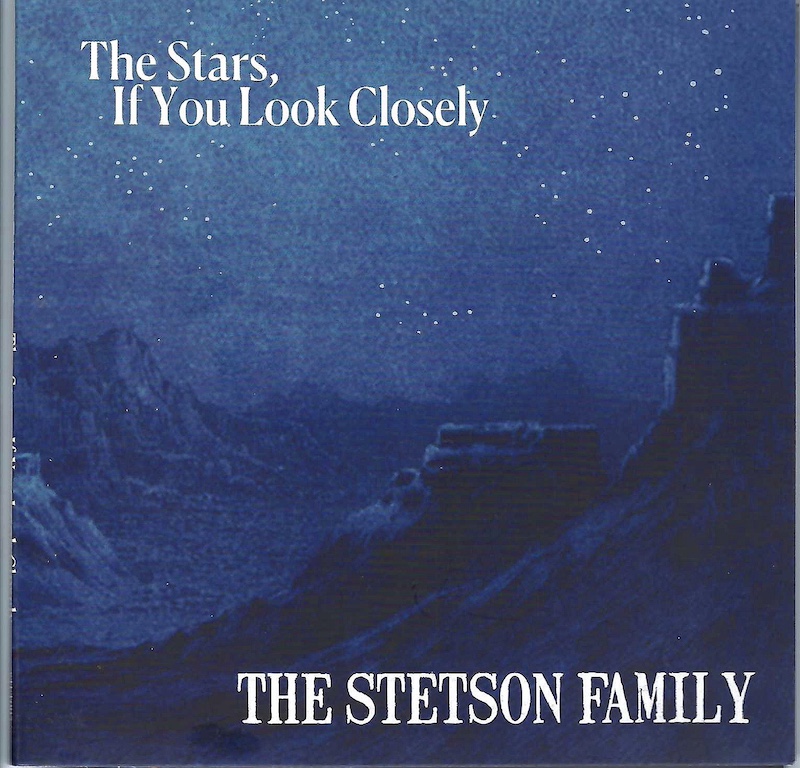
The Stetson Family, The Stars, If You Look Closely. This is the first album in nine years and only the fourth album overall from Australia’s Stetson Family, a quintet that formed in 2008. The set, which embraces elements of bluegrass, folk, and even gospel, features the talented lead vocalist and guitarist Nadine Budge, who shares songwriting duties with lead guitarist John Bartholomeusz; the other members add harmony vocals, banjo, mandolin, and double bass.
The band, whose members are not related, serves up an engaging mix of ballads and lilting up-tempo numbers, with a focus on well-crafted story songs about people enduring struggles. In “Better Left Unsaid,” for example,” the protagonist sings to a lost lover (“bottle of gin by my side, wishin’ it was you instead”) while “Lonesome Valley” limns an unhappy waitress who moved to the city at age 18 (“to my country friends I’m livin’ out the dream, but the high life isn’t always what it seems”). There’s also one instrumental, the elegant, pensive “Nightfall.”
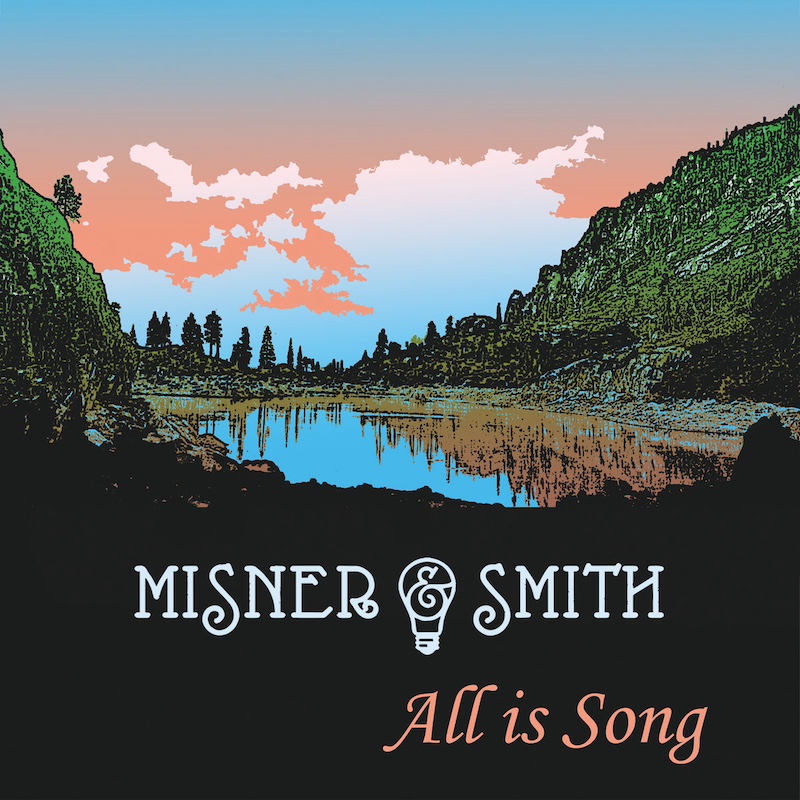
Misner & Smith, All Is Song. Sam Misner and Megan Smith, a Northern California–based Americana duo, have been working on this sixth album since 2017. Misner plays guitars and Smith adds bass, harmonium, mandolin, and piano, while backup musicians play assorted keyboards and guitars as well as violin, viola, cello, and Celtic harp. The main attraction, though, is the perfectly executed vocal interplay of Misner and Smith.
Three brief atmospheric “Interludes” are sprinkled throughout the program, whose songs – all by Misner aside from a cover of Kate Wolf’s “Rising of the Moon” – profit from poetic, imaginatively crafted lyrics and engaging, hummable melodies. Occasionally, such as on the poppy “Tears and Ink,” the duo seems to sidestep the qualities that make them special but most of this set is excellent indeed.
Jeff Burger’s website, byjeffburger.com, contains five decades’ worth of music reviews, interviews, and commentary. His books include Dylan on Dylan: Interviews and Encounters, Lennon on Lennon: Conversations with John Lennon, Leonard Cohen on Leonard Cohen: Interviews and Encounters, and Springsteen on Springsteen: Interviews, Speeches, and Encounters.


